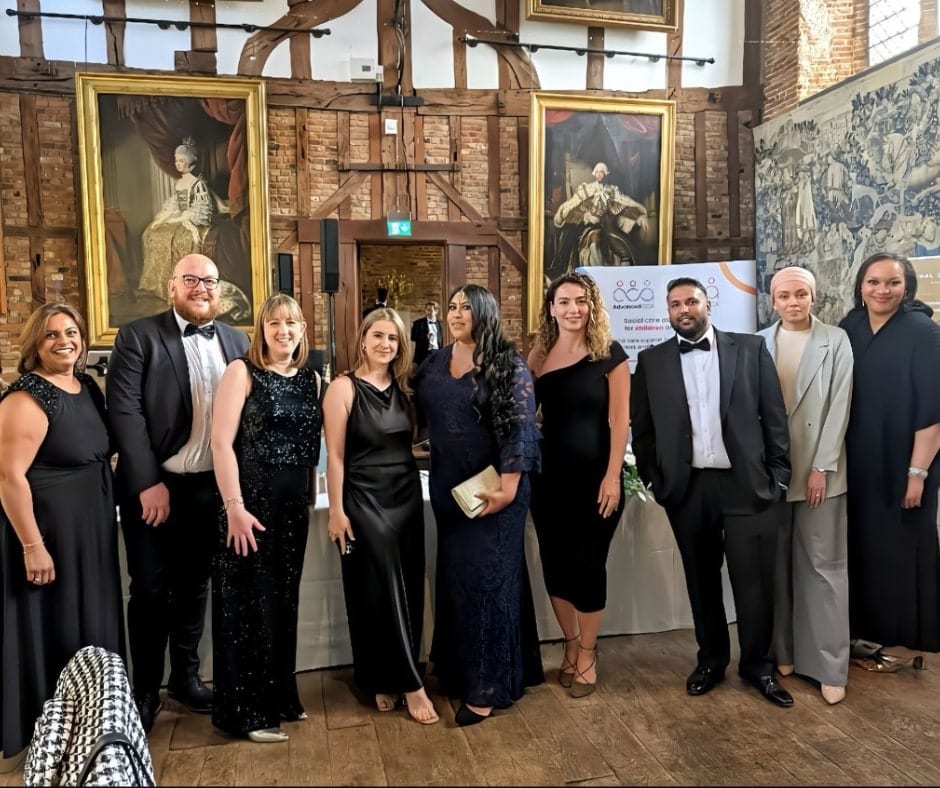The Public Law Outline (PLO) legal process is used by the Local Authority (LA) when they are concerned about a child’s welfare. The PLO process is often used before care or supervision proceedings. Once the LA decides to initiate the PLO process, a letter before proceedings is put together by the social worker’s legal department and is sent to the parents. The letter before proceedings entitles the parents to a lower level of legal aid to access free legal advice and assistance.
A big part of the PLO process are the PLO meetings, and it is one of the best ways for trainees and paralegals to build up their advocacy skills. These are meetings where the social work team, the lawyers for the social work team, and the parent (usually us!) are present and discuss the concerns and worries, and how these can be improved on, to avoid going to court.
When I joined NLS last year, I had very little advocacy experience, but I was keen to build up my advocacy skills and gain some confidence in this area. I have now successfully supported clients at PLO meetings, and it has not been as daunting as I thought.
I discovered that the best way to ensure a positive outcome is to make sure I am properly prepared for the meeting, and here are my 6 tips for preparing for a PLO meeting.
- Observe a few PLO meetings – I observed my supervisor at a PLO meeting and took some notes on how she navigated the meeting. I also observed her attending to the client before and after the PLO meeting which helped me understand how we can support parents either side of the PLO meeting. For parents, these meetings can be stressful and draining.
- Think about the purpose of the PLO process – what are we trying to achieve specifically and think about ways you can suggest, with your client’s agreement to tackle the LA’s concerns. This allows your client to feel involved and gain some control over social services involvement in their life, which is important. It is important that we support our clients that this is not something that is happening to them, rather it is a “2-way street” with social services, and they have an important voice in the room.
- Read the case file thoroughly in advance-when it comes to preparing for an actual PLO meeting it is important to read the case file and be familiar with all the facts of the case. You will need to read the letter before proceedings, assessment reports, disclosure documents and all other relevant documents. You might realise there are documents you should have but have not been shared, or documents that you want and should request, to enable you to advise your client. Request them in good time.
- Obtain the client’s instructions- Take your client’s detailed instructions before the meeting and their response to the LA’s concerns. This is to ensure that you clearly understand your client’s position and you are aware of what they will be saying during the meeting, in essence, that you have an agreed position. Take the time to check if anything has changed since your last meeting.
- Advise your client- it is important to advise your client before the meeting on what the likely outcome will be and the format of the meeting, so they are prepared. You will also need to advise them on the strengths and weaknesses of their case, what in your view they should reasonably agree with and what they need not agree, and why. Remember, many of our clients will never have attended a PLO meeting, and it’s our job to prepare them for what to expect.
- Have a list of issues you want to ensure are discussed at the PLO meeting- the LA takes the lead at PLO meetings and clients do a lot of the talking, however, it is good practice to have a list of issues you want to ensure are covered so that if they are missed, you can raise them. Run the list by your client before the PLO meeting, as they may have issues they want to add to it, or might tell you that some of the issues listed have already been resolved.
These tips have helped me to build my confidence at PLO meetings which in turn helped me to gain favourable outcomes.










